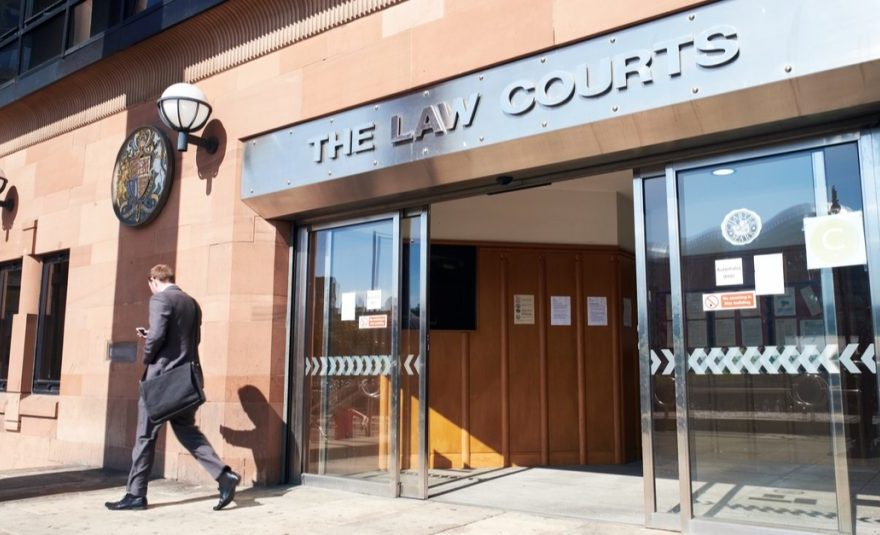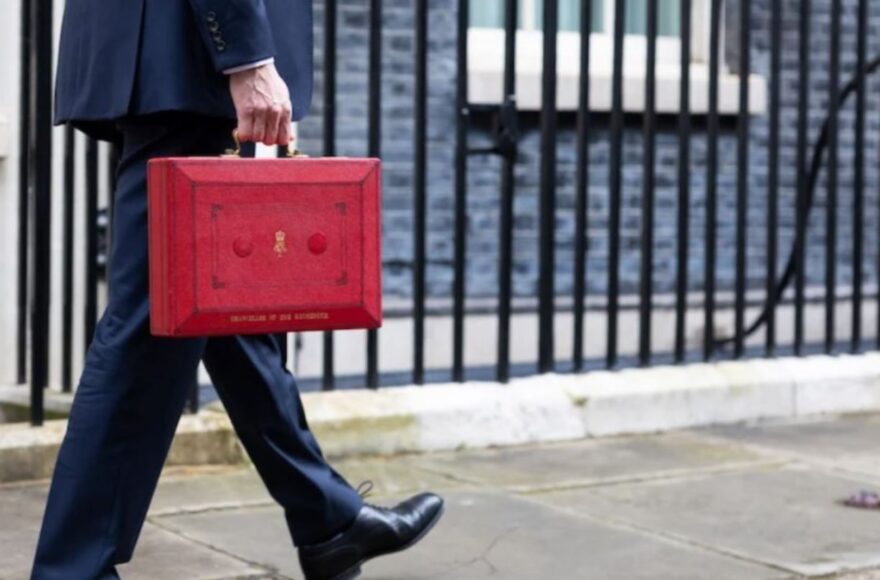Brexit proof your finances

During my last few client meetings, I have sensed there’s a great deal of nervousness amongst my clients about the impact that Brexit may have on their personal finances.
Will it cause the stock market to crash? Will the pound sterling plummet as a result? What about price inflation, is that going to start shooting up? Investors don’t like uncertainty, but right now that’s what we’ve got. It’s been well documented in the press the uncertainty amongst the Government, HM Treasury and the Bank of England. What we can say with real certainty is that currently, no one knows what’s going to happen next or what the impact will be on our personal finances.
With this ongoing uncertainty as a backdrop, I have four suggestions on how I believe you can help to ‘Brexit-proof’ your personal finances.
1. Diversify your investments
Financial planners often use the phrase ‘don’t put all your eggs in one basket’ and, in the current climate, I feel this cannot be truer. To put this phrase into context, it means spreading the investments in your portfolio across different asset types. These asset types could include UK and global equities, UK and global Government and corporate debt, commercial property and cash. Investments can also be spread geographically; this means they are held in worldwide funds rather than just funds in the UK. Some of my clients have expressed concern about their holdings in UK equities. I believe it is important to have an investment portfolio that has holdings in both UK equities and global equities. My point remains; ‘diversification is the key’.
2. Increase cash reserves
Increasing the amount of savings that you hold in cash is contrary to what I would usually recommend. This is because the purchasing power of cash is often eroded by inflation; the erosion is the price you pay for certainty. Holding cash also means you are losing out on the opportunity to make potential investment growth that you could receive if you invested this money instead. Due to the current uncertainty, it might be worth considering the amount that you are holding in cash reserves. This could be used to provide extra headroom in the event that extra cash is required, for example following loss of employment. The amount I would recommend you hold in cash reserves would depend on your personal circumstances, such as your living expenses and income.
3. Clear down variable rate debt
Following Brexit, I believe it may become more expensive to import goods and services which could lead to price inflation. One of the tools that is used by the Bank of England when this happens is to increase interest rates (which have been at a low rate for many years). An increase to interest rates will have an impact on variable debt, such as some mortgages. Even the smallest rise in interest rates on a mortgage loan can become painful quite quickly, as we’re generally talking larger sums of money. It is worth considering your mortgage options; reviewing the type of mortgage you are on, or whether you can afford to pay down your mortgage. It is worth seeking advice here as you could face financial penalties if you get this wrong. 4. Safeguard your financial position The ‘gig economy’ is growing in significance. In the current digital age the workforce is increasingly mobile, and freelance and temporary jobs are becoming more common place. With this is mind, it may be worth looking at your financial position and understanding if you can create a buffer by setting a little extra money aside in to savings – see point 2. You may also wish to consider whether you can find an additional source of income to bolster your finances? If you are looking for inspiration, there are 99 ideas for an additional income at https://www.sidehustlenation.com/ideas/ and for podcast listeners try https://itunes.apple.com/us/podcast/the-side-hustle-show/id655135292 If you are employed, could you increase your desirability in the workplace by up-skilling or getting more qualifications? For some companies, when they are forced to make redundancies it is often the least skilled people who are more likely to be the first to go. The value of your investments can go down as well as up and you may not get back the full amount you invested. Your home may be repossessed if you do not keep up repayments on your mortgage. Foster Denovo Limited is authorised and regulated by the Financial Conduct Authority. Foster Denovo Limited is registered in England and Wales Reg No. 05970987. Registered office: Ruxley House, 2 Hamm Moor Lane, Addlestone, Surrey, KT15 2SA.
Following Brexit, I believe it may become more expensive to import goods and services which could lead to price inflation. One of the tools that is used by the Bank of England when this happens is to increase interest rates (which have been at a low rate for many years). An increase to interest rates will have an impact on variable debt, such as some mortgages. Even the smallest rise in interest rates on a mortgage loan can become painful quite quickly, as we’re generally talking larger sums of money. It is worth considering your mortgage options; reviewing the type of mortgage you are on, or whether you can afford to pay down your mortgage. It is worth seeking advice here as you could face financial penalties if you get this wrong.
4. Safeguard your financial position
The ‘gig economy’ is growing in significance. In the current digital age the workforce is increasingly mobile, and freelance and temporary jobs are becoming more common place. With this is mind, it may be worth looking at your financial position and understanding if you can create a buffer by setting a little extra money aside in to savings – see point 2. You may also wish to consider whether you can find an additional source of income to bolster your finances?
If you are looking for inspiration, there are 99 ideas for an additional income at https://www.sidehustlenation.com/ideas/ and for podcast listeners try https://itunes.apple.com/us/podcast/the-side-hustle-show/id655135292
If you are employed, could you increase your desirability in the workplace by up-skilling or getting more qualifications? For some companies, when they are forced to make redundancies it is often the least skilled people who are more likely to be the first to go.
The value of your investments can fall as well as rise and you may not get back the full amount invested. The past is not a guide to future performance and past performance may not necessarily be repeated.
What you get back at retirement cannot be guaranteed and will depend on how much you pay in, investment performance and interest rates when you retire.
Wealthwise Financial Solutions Limited is authorised and regulated by the Financial Conduct Authority. The Financial Conduct Authority does not regulate taxation and trust advice.




